Bahrain to treat products from illegal settlements as Israeli-made: Trade minister
Bahrain’s Minister of Industry, Commerce and Tourism, Zayed bin Rashid al-Zayani, says his Persian Gulf kingdom’s imports will not be subject to distinctions between products made within Israel and those from illegal settlements built on occupied Palestinian land.
Zayani told Israeli reporters during a visit to occupied Jerusalem al-Quds on Thursday that all goods and services offered by Israelis will be treated as products of Israel, indicating that even goods from the West Bank and the Golan will not require special labels.
“We deal with Israel and Israeli companies like we would deal with an Italian, or an Indian, or a Chinese or a German company, or a Saudi company for that matter. There are no restrictions or special treatment or special rules. We have started a new chapter with Israel,” he said.
The Bahraini minister went on to say that goods from illegal settlements in the occupied West Bank and Golan Heights were welcome in the tiny Persian Gulf country and can be marketed as “Products of Israel.” The remarks came in response to a question asked by The Times of Israel online newspaper.
“We will not go into the details [but] we will recognize them as Israeli products. And all Bahraini products, hopefully, will be recognized in Israel as Bahraini products. I don’t see, frankly, a distinction on which part or which city or which region it was manufactured or sourced from,” he said.
Zayani arrived in Israel on Tuesday for a three-day visit in which he met prime minister Benjamin Netanyahu and Foreign Minister Gabi Ashkenazi.
The Bahraini trade minister’s controversial statement starkly contrasts with the European Union (EU) policy, which since 2015 requires that producers must explicitly label products that come from settlements built on land occupied by Israel if they are sold in the bloc’s member states.
“The European Union, in line with international law, does not recognize Israel’s sovereignty over the territories occupied by Israel since June 1967, namely the Golan Heights, the Gaza Strip and the West Bank, including East Jerusalem, and does not consider them to be part of Israel’s territory, irrespective of their legal status under domestic Israeli law.
“The Union has made it clear that it will not recognize any changes to pre-1967 borders, other than those agreed by the parties to the Middle East Peace Process,” the EU announced in an notice at the time.
Hamas: Bahrain's position on settlement products violates international law
Meanwhile, Palestinian Hamas resistance movement has denounced Zayani’s position, saying it runs contrary to international law.
Hamas spokesman Sami Abu Zuhri said in a statement on Thursday that the statements reflects Bahrain’s state of political and moral downfall as well as its collaboration with the Tel Aviv regime against Palestine.
He also called on the Bahraini nation to pressure the Manama regime into abandoning such humiliating and hostile stances against Palestinian people.
BDS: Bahrain's recognition of settlement products equals to ‘war crime’
Separately, the humanitarian anti-Israeli regime movement Boycott, Divestment and Sanctions (BDS) has slammed Bahrain’s treatment of Israeli settlement products, emphasizing that the position amounts to Manama’s participation in war crimes being committed by the Israeli regime against Palestinians.
BDS General Coordinator, Mahmoud Nawajaa, stated that the move is a blatant departure from Arab and Muslim consensus, and makes the Bahraini regime a partner in Israeli criminal acts.
Nawajaa underlined that “settlements have been built on territories occupied since 1967, and their construction is considered a war crime. This step will land the Bahraini regime a role in war crimes against Palestinian people.”
“This measure also indicates the depth of the Bahraini regime's dependence on the aspirations of the current US administration (of President Donald Trump) and those of Benjamin Netanyahu,” he added.
Nawajaa expressed his confidence that “Bahraini people will boycott all Israeli products, not just those made in settlements.”
Under US-brokered deals, Bahrain and the United Arab Emirates (UAE) agreed to normalize relations with Israel after signing controversial agreements on September 15 at the White House.
The normalization deals have drawn widespread condemnation from Palestinians, who seek an independent state in the occupied West Bank and the Gaza Strip, with East Jerusalem al-Quds as its capital. They say the deals ignored their rights and exposed the Arab regimes’ lies about backing the Palestinian cause against Israeli occupation.
In Bahrain, several angry street protests have been held against the normalization deal with Israel, slamming the regime in Manama for turning a deaf ear to the nation’s calls against making peace with the occupiers of Palestine.
Bahrain’s dissolved opposition bloc, the al-Wefaq National Islamic Society, said in a letter to the United Nations that more than 95% of people are against peace with Israel, calling on the world body to intervene in the Al Khalifah’s unbridled push to deepen its relations with the Israeli regime.
UK arrests Press TV contributor amid crackdown on pro-Palestine activism
VIDEO | Axis of Resistance stands as multinational front for justice
Swiss academics call for end to research treaty with Israel over Gaza genocide
VIDEO | Israeli regime harasses, tortures Gazans returning through Rafah crossing
Israel faces existential threat of internal collapse before centenary, general says
Police fire tear gas as protests erupt against ICE and Israel at Milan Winter Olympics
UK PM’s chief of staff resigns over appointment of Epstein associate as US envoy
Iran leads Islamic world in electric vehicle motor technology


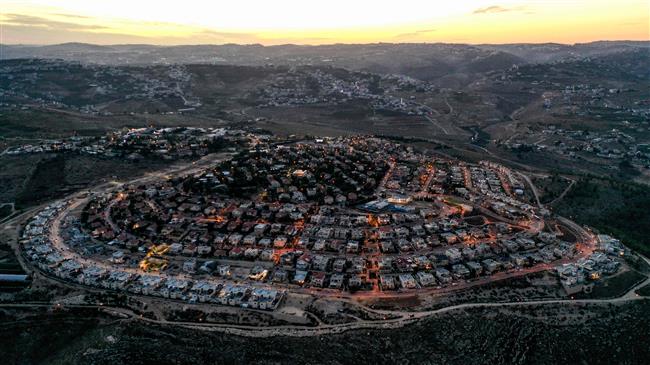



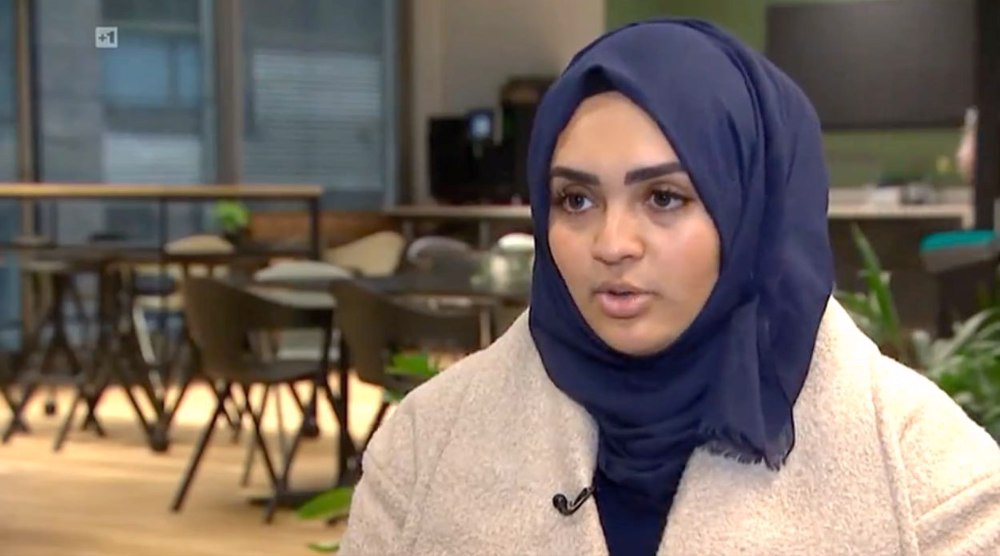
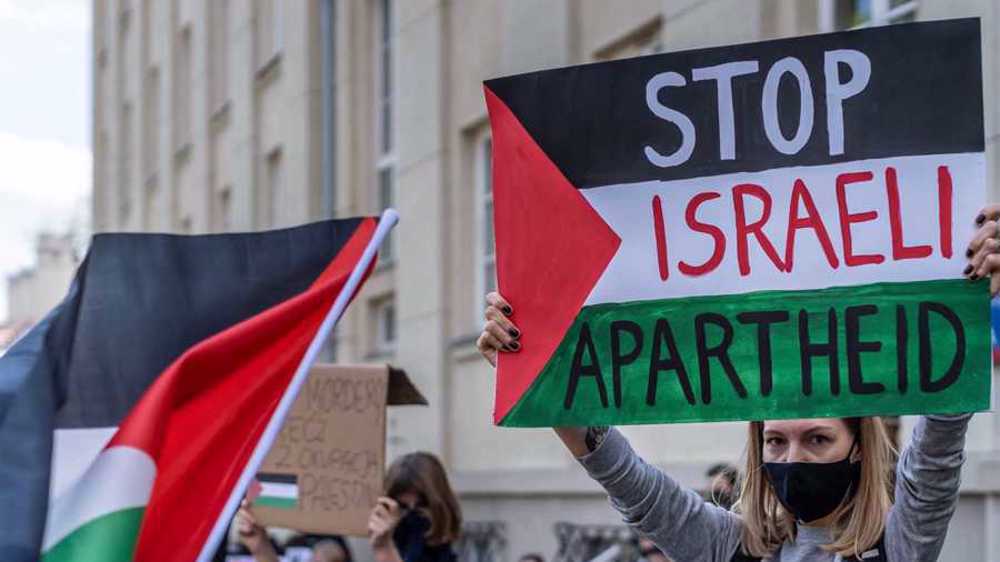
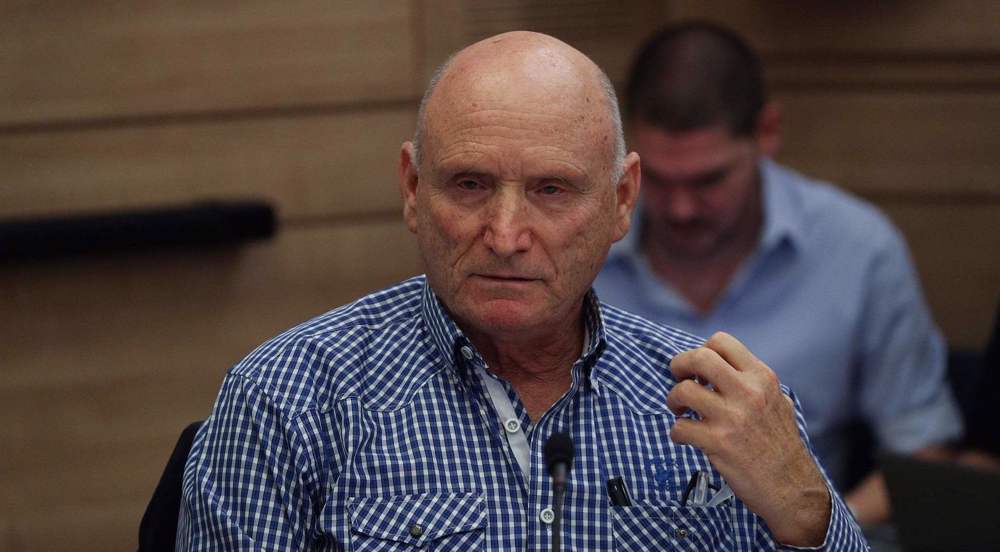



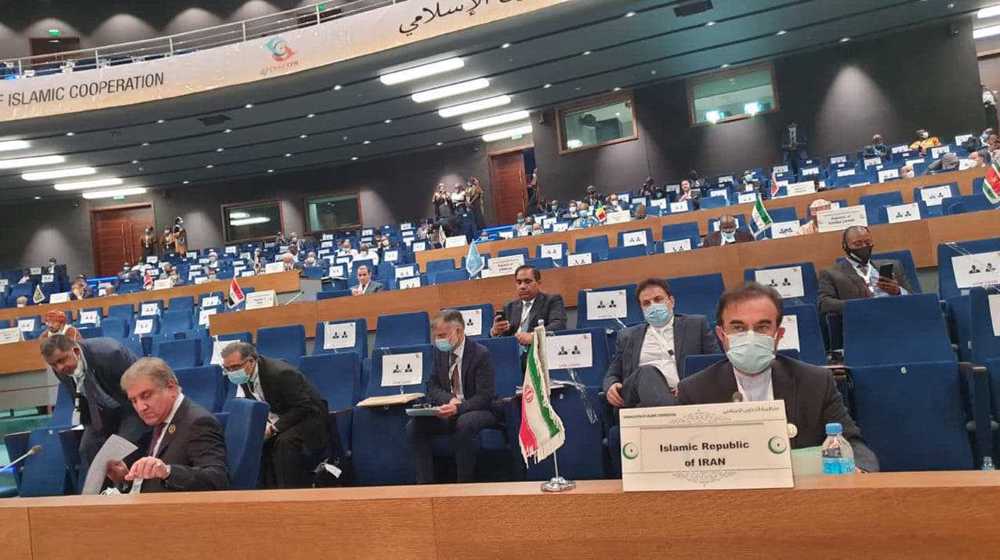
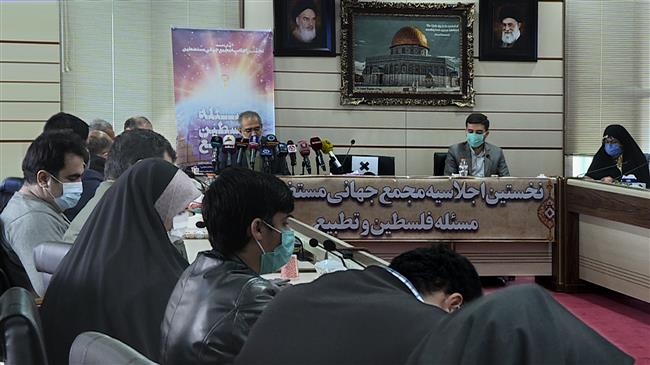
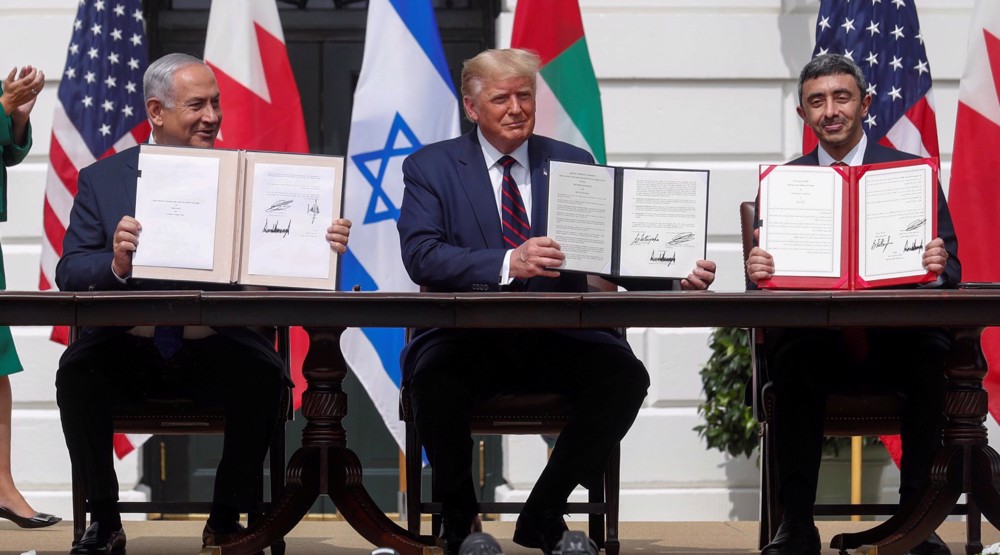
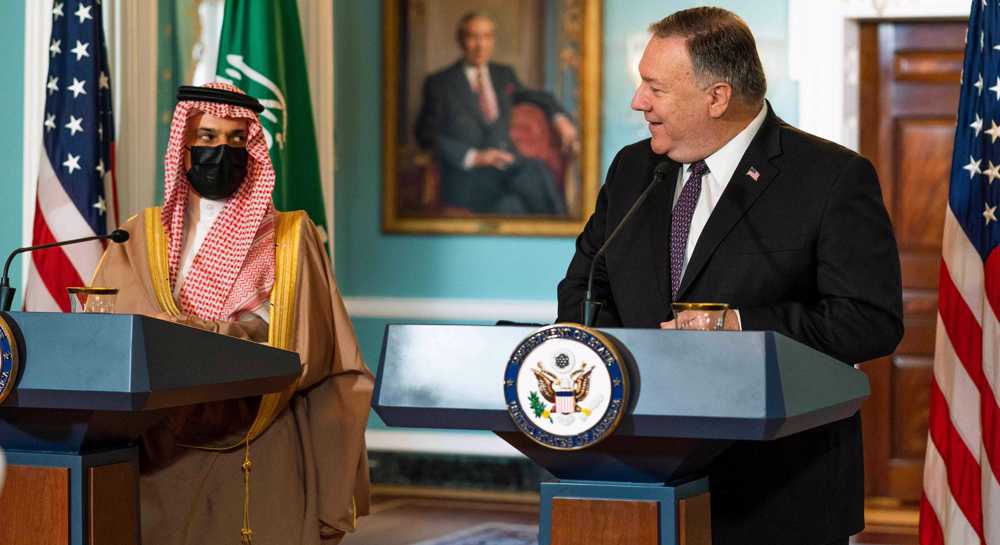
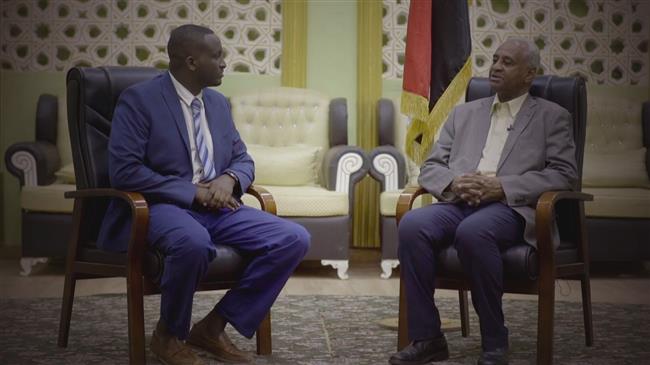
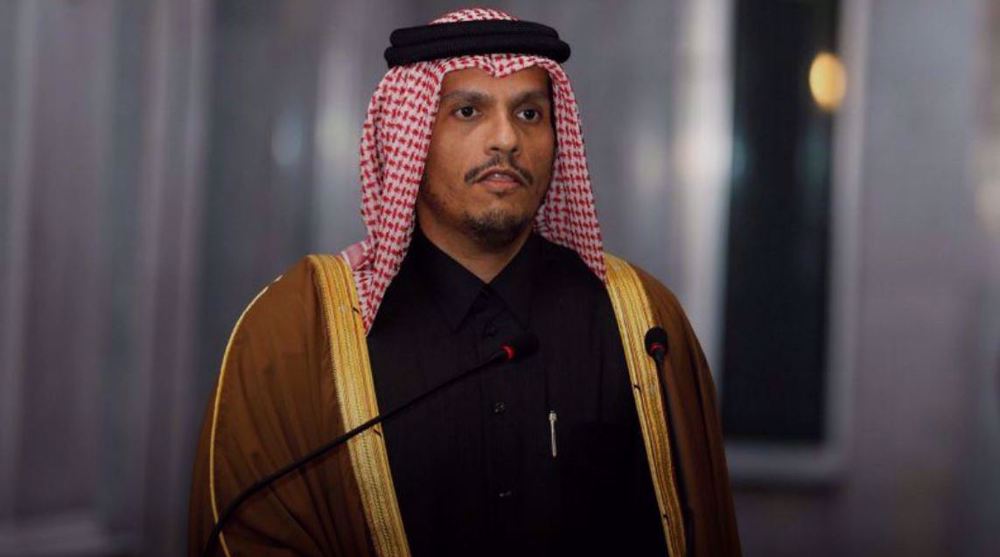
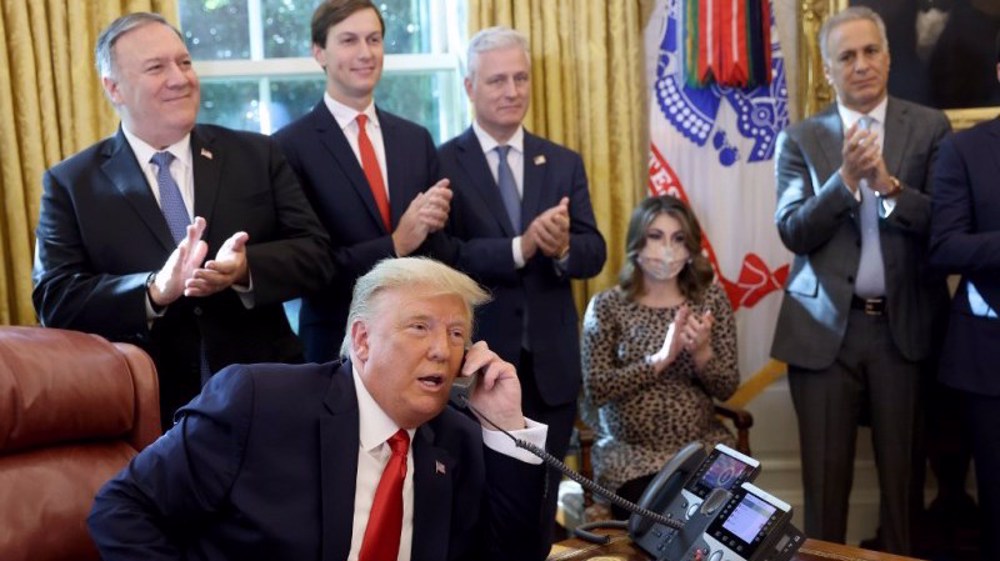
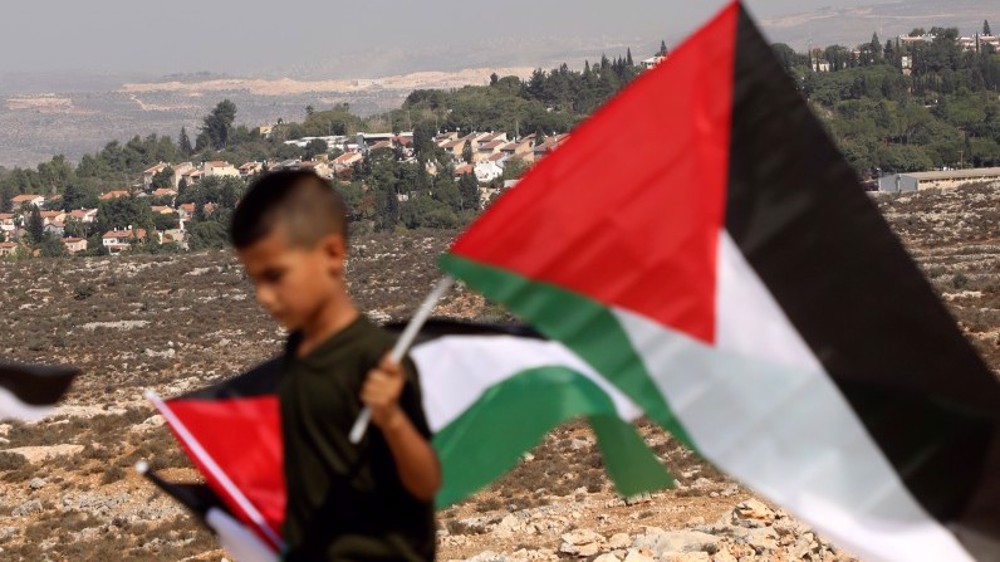

 This makes it easy to access the Press TV website
This makes it easy to access the Press TV website